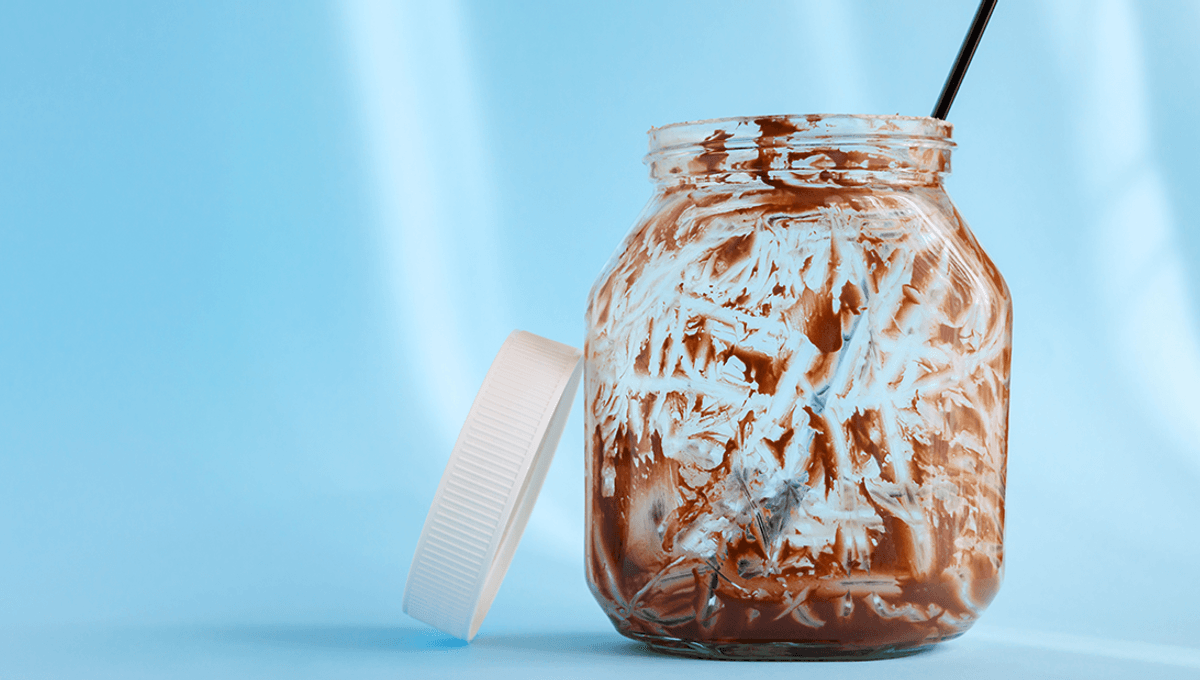
A while ago, one reality TV star began selling her own farts in jars, earning an astonishing $45,000 a week for her troubles.
ADVERTISEMENT
While her career choice briefly landed her in hospital, forcing her to switch to find a far safer occupation (selling boob sweat), you may have a few questions. Questions like “what the hell is wrong with people?” and “wait, would the fart still smell as it arrives?”
We cannot answer the first question, but the second is a little easier. First up, what causes the smell in farts?
One study into flatulence, with the goal of neutralizing the smell with charcoal-lined cushions, collected samples of farts via a rectal tube and analyzed them chemically, as well as subjecting two poor judges to a smell test. This, among other studies, identified that sulfur-containing compounds are responsible for the majority of fart smells, despite making up around 1 percent of the overall fart volume.
“When you digest food your intestines produce gas as part of the normal process of breaking food down,” Clare Collins, Laureate Professor in Nutrition and Dietetics at the University of Newcastle, explains in a piece for The Conversation. “Most gasses produced – like carbon dioxide, nitrogen, hydrogen and methane – don’t smell at all. That is why you can fart sometimes and nobody really notices. But there is one gas found in some farts that is really really smelly. It’s called hydrogen sulphide and has the nickname ‘rotten egg gas’ because that is exactly what it smells like.”
So, to determine whether a fart would still smell after being kept in an airtight jar for 20 years, we need to know a little more about the stability of hydrogen sulfide.
“Pure hydrogen sulfide is dangerously reactive with fuming or strong nitric acid and strong oxidizers,” Norlab explains. “[It] may ignite on contact with a variety of metal oxides (i.e. copper oxide, nickel oxide, silver (I & II) oxide, sodium peroxide); ignites in contact with fluorine and chlorine monoxide; and forms explosive reactions with oxygen difluoride, nitrogen trifluoride and many halogenic compounds.”
ADVERTISEMENT
However, under normal conditions it is relatively stable, only reacting slowly with oxygen to form sulfur dioxide and water (or, in this case, fart water). So the smell would linger, for a little while at least, assuming that the jar is tightly sealed.
The problem, for buyers, receivers, and collectors of farts, is that your farts contain their own supply of oxygen, making up around 4 percent of the volume. This is enough oxygen to react with the smaller amount of hydrogen sulfide in your farts over time.
Let’s assume you have a particularly potent fart made of 1 percent hydrogen sulfide, and you managed to fill a 500-milliliter jar with pure fart. Since oxygen occupies 4 percent of the volume, and 2 moles of hydrogen sulfide reacts with 3 moles of oxygen to make sulfur dioxide and water, the amount of oxygen does not limit the reaction. There is plenty of oxygen to take away the fart smell.
Instead, we are limited by the reaction rate. The half-life for hydrogen sulfide in air is between 12 and 37 hours, meaning that every 12-37 hours (depending on temperature and pressure), half of the hydrogen sulfide reacts with oxygen, removing roughly half the fresh fart smell.
ADVERTISEMENT
Let’s assume an average half-life of 24 hours for ease, and since we aren’t exactly doing rocket science here. Since farts contain 0.001 to 1 parts per million of hydrogen sulfide, a particularly strong fart (containing 1 percent hydrogen sulfide) would last an impressive nine days before it hit around 0.001 percent of the overall volume of the jar. After this, the smell would become negligible pretty darn fast. If you started with a weak fart in the first place, the smell is going to fade even quicker.
In short, no you will not be able to keep a fart smell in a jar for two decades. But it’s not like they appreciate in value anyway, so maybe just enjoy them fresh.
Source Link: If You Farted In A Jar And Opened It 20 Years Later, Would It Still Smell Of Farts?